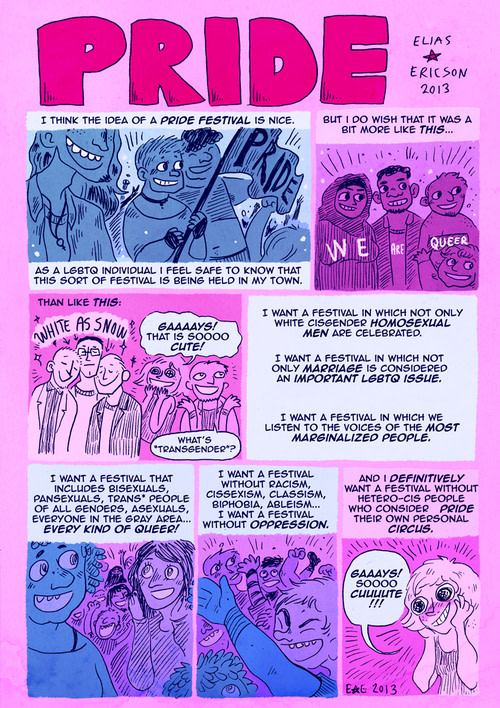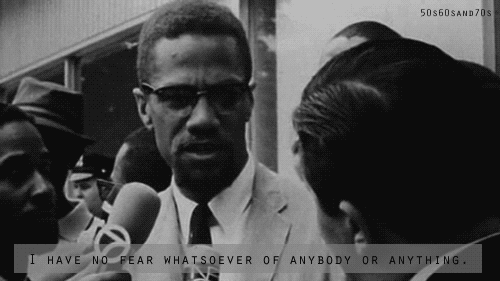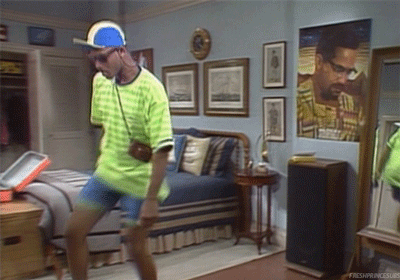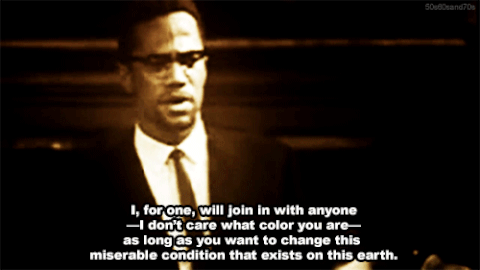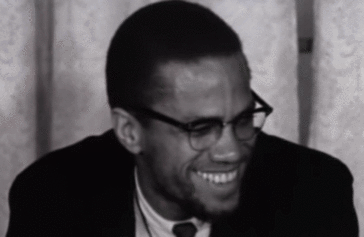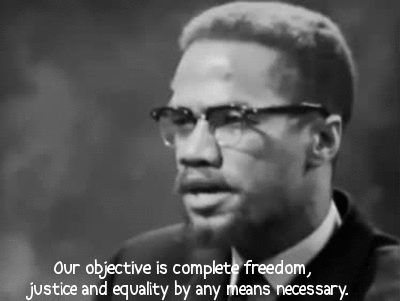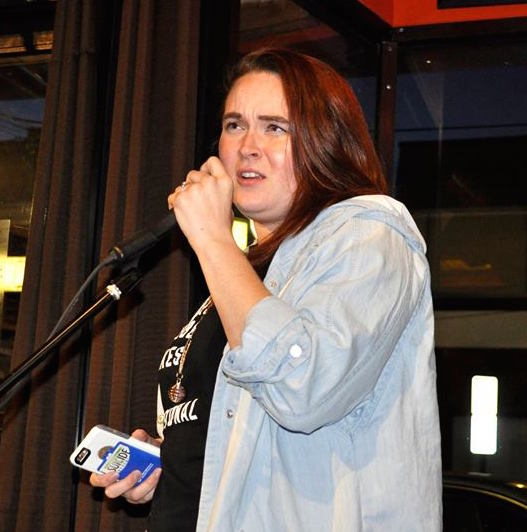So I know I just wrote a really important post like…four days ago. But churning out stuff on this blog has become my default coping mechanism lately.
I have seen and taken in a lot of information today. This past weekend, I watched a documentary on the life of Jim Morrison, lead singer of the Doors, who died of a heroin-induced heart attack at age 27.
This morning, I was listening to his posthumously released spoken-word album An American Prayer, to the track “Curses, Invocations” — he ends the poem with the verse, “I will always be a word man…it’s better than a bird man.”

Words are healers for so many of us.
But I digress. This is all somewhat connected, I promise. I was walking through NYC this morning and afternoon, listening to people on the train, finding myself in resentments toward people I didn’t know, and frustrated at how rude people can be, especially on mass transit. Sweating, trying to get to an interview on time, and noticing people struggling and thinking about all the assumptions we make about others dawned on me a lot as I walked through Manhattan trying to find where I needed to be.
When I got home, my brother called me and told me to Google Demi Lovato’s name, and that she had been hospitalized for a heroin overdose just hours ago.
Like I said, I know it’s only hours-old news, and I was already in your feeds just days ago. But writing about this, news that shook me really hard, is the way I’m going to process it all right now. Bare with me, please.
The first thing I did when I read the article about Demi’s overdose was text my friend Lexie to ask if she’d heard. A conversation ensued.
A while ago, we’d both shared our frustrations over a Twitter storm she was involved in about pulling a ‘prank’ on her bodyguard that involved being touched nonconsensually.
I pretty much at that moment decided that Demi, in my eyes, was cancelled. I was really upset that a person who was such a fundamental part of my recovery would do something like that and shrug it off so thoughtlessly.
I didn’t take the time to think about the invisible struggles that people are often going through when they lack self-awareness the most. I judged a person who, in all honesty, I didn’t know and couldn’t have known was making errs in judgment like she did, probably because of shame.

And worse, I wanted her to feel shame because I’d like to think, that as someone who is deeply invested in justice and love and compassion, that anyone I chose as a role model would do better. But I realize as I am shaken by what is happening in her life, that she is human. A human who is sick and suffering, just like so many of us.
Most people know somewhat about Demi’s eating disorder relapse last year after breaking up with Wilmer Valderrama, and the recent release of her song “Sober”, in which she bravely admits to relapsing in the area of substance abuse, had a lot of people in her corner encouraging her to find recovery again.
Even in the recording of this song, it sounds nothing like Demi’s voice. I gave it a first listen today and the first thing I thought to myself was, she sounds so scared, so ashamed, and so broken.
During this conversation with my friend, a fellow person in recovery from ED and other mental health issues, we both shared the possibility that maybe Demi hasn’t been truly okay for a long time.
And that’s more than okay.
I don’t know Demi Lovato personally, but I would be kidding myself if I failed to admit that she has been an integral part of my recovery and my own resilience. Her strangely appropriative relationship with the LGBTQ+ community hasn’t always sat well with me, but she has also done something that a lot of people can’t or won’t–shown up for herself and for millions of others in the face of the darkest struggles a person can go through.

Demi Lovato embodies vulnerability and courage.
She has successfully been the representative of “its okay not to be okay” for a really long time. Even after her relapse was reported last year, that was the message that I think we all got–that it’s okay to falter and keep working on ourselves. There is so much power in being honest, but it’s imperative to always be following up on that with the people who need it. Because these attitudes and behaviors aren’t always visible to the entire world at all hours of the day.
Some of us may not think the person doing best needs check-ups; but I can assure you, connection is the very thing that keeps recovery alive.
Like Demi herself has said in the past: “Recovery doesn’t get a day off.”
None of us, despite whether we are one of the 65 million people who follow her on Twitter, knows Demi’s life day in and out. Since she has shown up as the face of recovery for this generation–a person who has seemingly overcome self harm, self hate, drug abuse, childhood trauma, bipolar disorder, alcoholism and an eating disorder–so many people have looked to her for inspiration and found it; myself included.
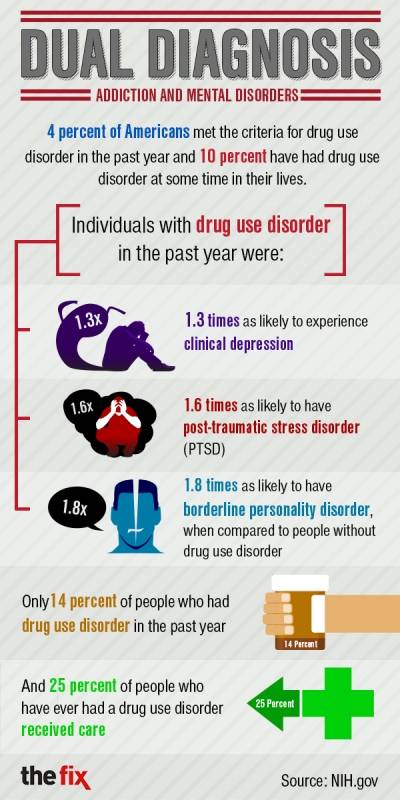
I remember seeing her at IZOD Center in 2014 and sobbing uncontrollably as she sat at the piano and sang “Warrior”. I cry every time I do a cover of the song myself, because so much of it is my truth.
I, too, have had to recover from depression, crippling anxiety, abuse, codependency and an eating disorder simultaneously. I know that it often doesn’t happen all at once, and that the parts of your behaviors that aren’t “as severe” can seem like an okay thing to cling to because that’s the trade off your brain makes.
Once you are in recovery from one thing, your brain tries to sort the rest out, prioritizing your vices by which one will kill you last until they’re all no longer useful.
I liken it to playing something I call “symptomatic wack-a-mole,” because it can seem like just as you’ve got one symptom of your mental illness cared for and patched up, another one rears its ugly head.
And it’s not always as easy as “I’ve got this.” In fact, most people who can confidently say “I’ve got this” all by themselves, don’t really “got this.” Macklemore is a really good example–and one of my favorite recovery advocates to produce raw, unfiltered art on the realness of recovery.
At that concert four years ago, I had no way of knowing whether or not, at that exact moment, Demi was okay. Even Nick Jonas, who performed right beside her, has told media sources that sometimes he glances at her wrists when they see each other just to make sure she’s “okay.” Even then, that’s only a snapshot, a relative piece of wellbeing that makes up a recovering person’s ‘okay.’ Just like most of my family or friends and especially not strangers on the internet or even sitting around me at the concert that night had no way of knowing whether or not I was truly okay.
The best way to find out if someone is okay is to ask them. When you’re finished asking, listen.
When you are held up and expected to represent an entire community of struggling, sometimes even broken people, self-care can be so hard. And the shame of falling from that image is even more tough to cope with. And when people depend on your success, your voice, and your triumphs to make a living, the burden only gets larger. And pretending, inauthenticity, and half-truthful recovery can only propel a person so far until those old vices start to get in line and fight for first.
The one thing I was really floored by is that Demi is now (at least according to the reports) using opioids/heroin. A lot of people believe that heroin use is a dark, scary, last resort, unheard of ‘point of no return’ type of drug problem. But it’s way more common than we try to convince ourselves it is. I live on a literal island where the opioid epidemic is at its worst in our entire country. And it is grueling and scary and heartbreaking all the time.
As someone who shares a lot of struggles with Demi Lovato, I said to myself when I read this that she probably feels so powerless right now. Lexie pointed out that she felt that Demi still, to this day, despite recovery, probably feels this unstoppable desire to be perfect.
Being given the assignment of poster child for mental wellbeing is emotionally exhausting a lot of the time, and sometimes–I know from experience–this work can be counterproductive to our wellness in a lot of ways. Perfection was and likely still is the first thing I was addicted to. So many of us with eating disorders live this truth to its fullest extent.
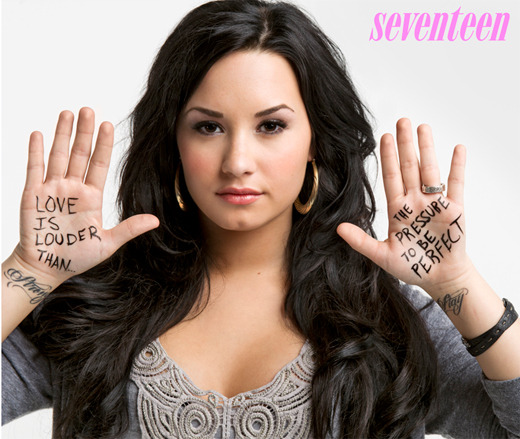
I hope that with this instance of relapse, despite how public it is becoming, we can have conversations with each other about the invisibility of illnesses like addiction and mental health (which undoubtedly go hand in hand). Awareness is great, but often not enough. We must move from awareness into action.
We cannot treat brokenness, addiction, or shame without compassion and vulnerability. I have seen some really, really awful things in the comments of the articles I’ve surveyed about Demi’s overdose in the past few hours (Looking at you, TMZ).
This may be an opportunity for Demi to get real and even more raw with her art. Thus far, her sobriety has been a public event, so much a part of her label-created image as an ex-Disney starlet. Her powerlessness as a celebrity, and as a celebrity in recovery, is so much bigger than herself, and the stakes are high. I think the pedestal on which she has been placed is holding her back more than anything, and I hope that she can find peace and freedom on her own terms as soon as possible.
Until then, it’s on us to let her heal, check in with ourselves and our loved ones as we cope with the realities of things like addiction and disease of the mind. Demi Lovato’s words, her image, her humility and her courage have all taught me first and foremost that no matter what we believe in, we must first believe in our own worthiness.
Get better soon, Demi. Cheering for you. xoxox
-inbetweenqueen ❤






